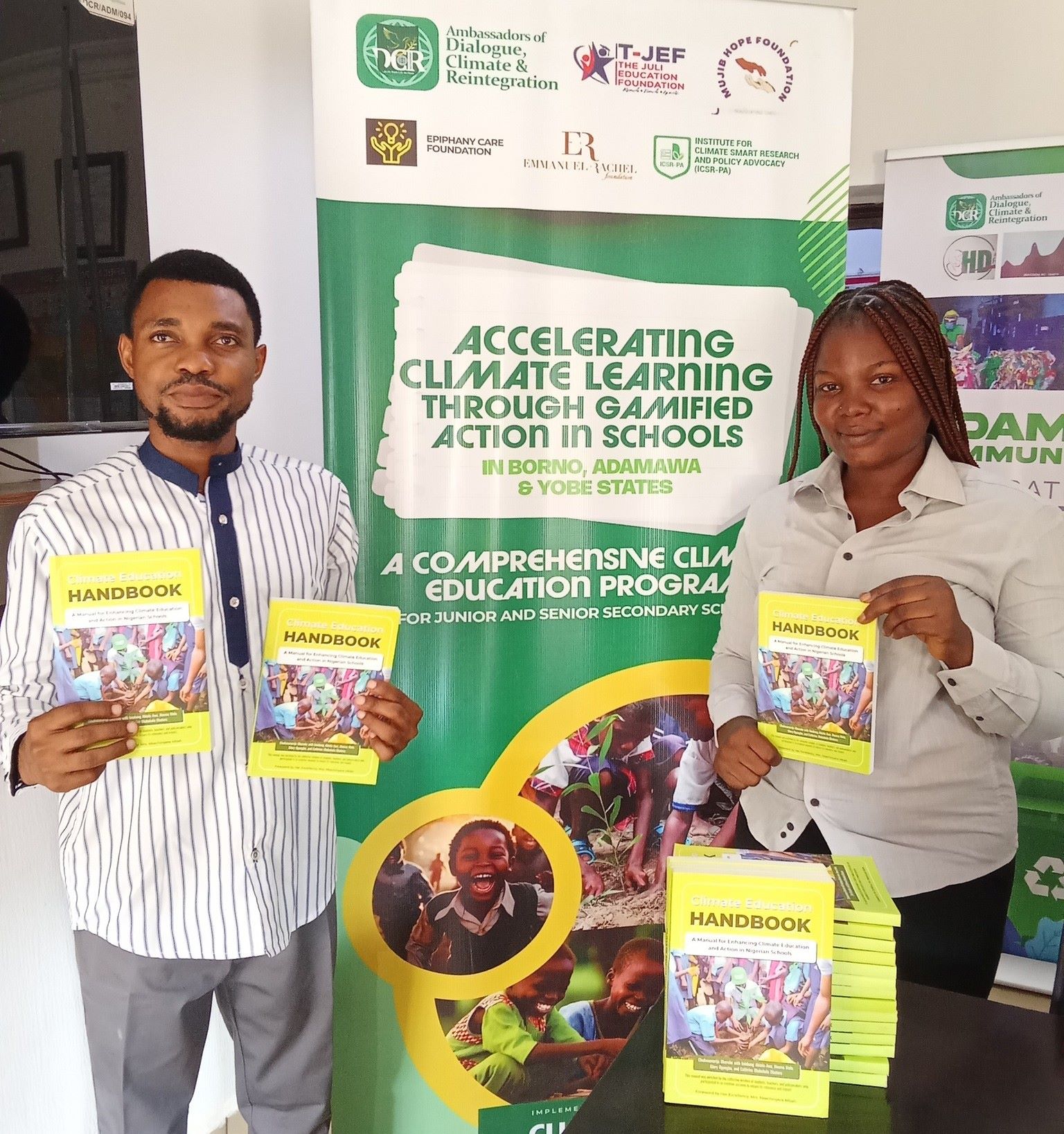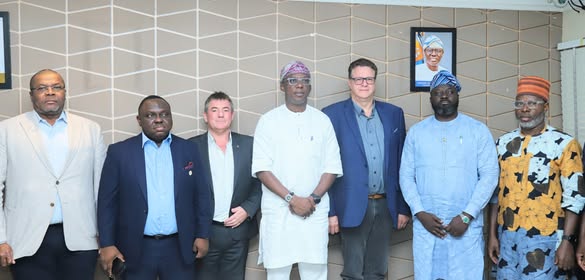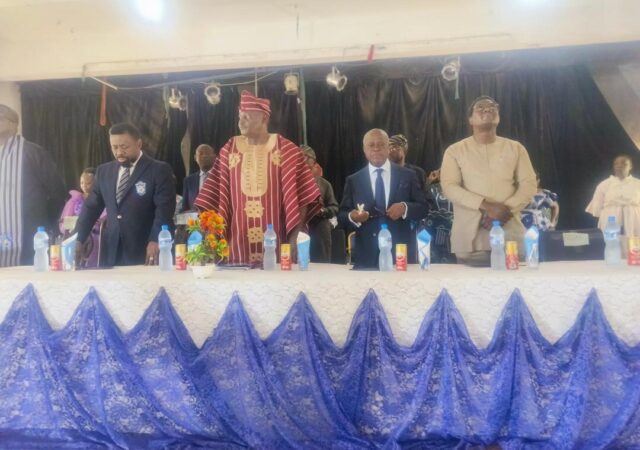SPP, DCR Ambassadors Launch Strategic Partnership to Advance Climate Education in Nigeria’s Northeast
…Pilot Project Begins in Adamawa State with Focus on Teachers and Students
The Society for Planet and Prosperity (SPP) has entered into a strategic partnership with the Ambassadors of Dialogue, Climate and Reintegration (DCR Ambassadors) to promote climate education across Nigeria—beginning with a pilot intervention in Adamawa State.
The six-month initiative, themed “Accelerating Climate Education through Gamified Action in Junior and Senior Secondary Schools,” aims to equip students and educators in Adamawa, Borno, and Yobe states with the tools and knowledge to understand and tackle the pressing climate challenges affecting their communities.
The project will deploy the Climate Education Handbook—co-created by SPP and a consortium of national and international partners with funding from the University of Bristol, UK—as the core resource for teaching and engagement.
“The Consortium has unanimously agreed to adopt the handbook as a core resource for engaging both teachers and students during the pilot phase,” said Sir Richard Inyamkume, Founder and President of DCR Ambassadors.
“We believe this will significantly enhance the quality and consistency of climate education delivered through our initiative.”
The intervention is especially critical for Northeast Nigeria, a region disproportionately affected by environmental degradation, food insecurity, and displacement—all worsened by the impacts of climate change.
Professor Chukwumerije Okereke, President of SPP and the lead developer of the handbook, emphasized the long-term vision of the project:
“This partnership reflects our shared commitment to ensuring that no region—especially those most vulnerable to climate impacts—is left behind in the global push for climate action.
“I am proud to see the climate education manual being used as a transformative tool in Adamawa State and beyond.”
The Climate Education Handbook was developed in collaboration with key institutions and stakeholders, including:
The Department of Climate Change (DCC), Federal Ministry of Environment
FCT Secondary Education Board, Department of Science, Technology and Innovation, FCT
Clean Technology Hub Nigeria,Office of the First Lady, Enugu State Government
Center for Climate Change and Development (CCCD-AFUNAI), Ebonyi State, Eco-Cyclers
Renewable Energy Training Institute and SustyVibes.
The manual was co-created through participatory engagement with students, teachers, and educational experts to ensure contextual relevance and accessibility.
The project—under the umbrella of the Climate Champion Consortium (CCC)—marks the beginning of a broader plan to institutionalise climate education in Nigeria’s school curriculum and inspire a climate-literate generation across the country.
**Ugochukwu Uzuegbu Communication Specialist, SPP
** Elochukwu Anieze Senior Policy Analyst, SPP







